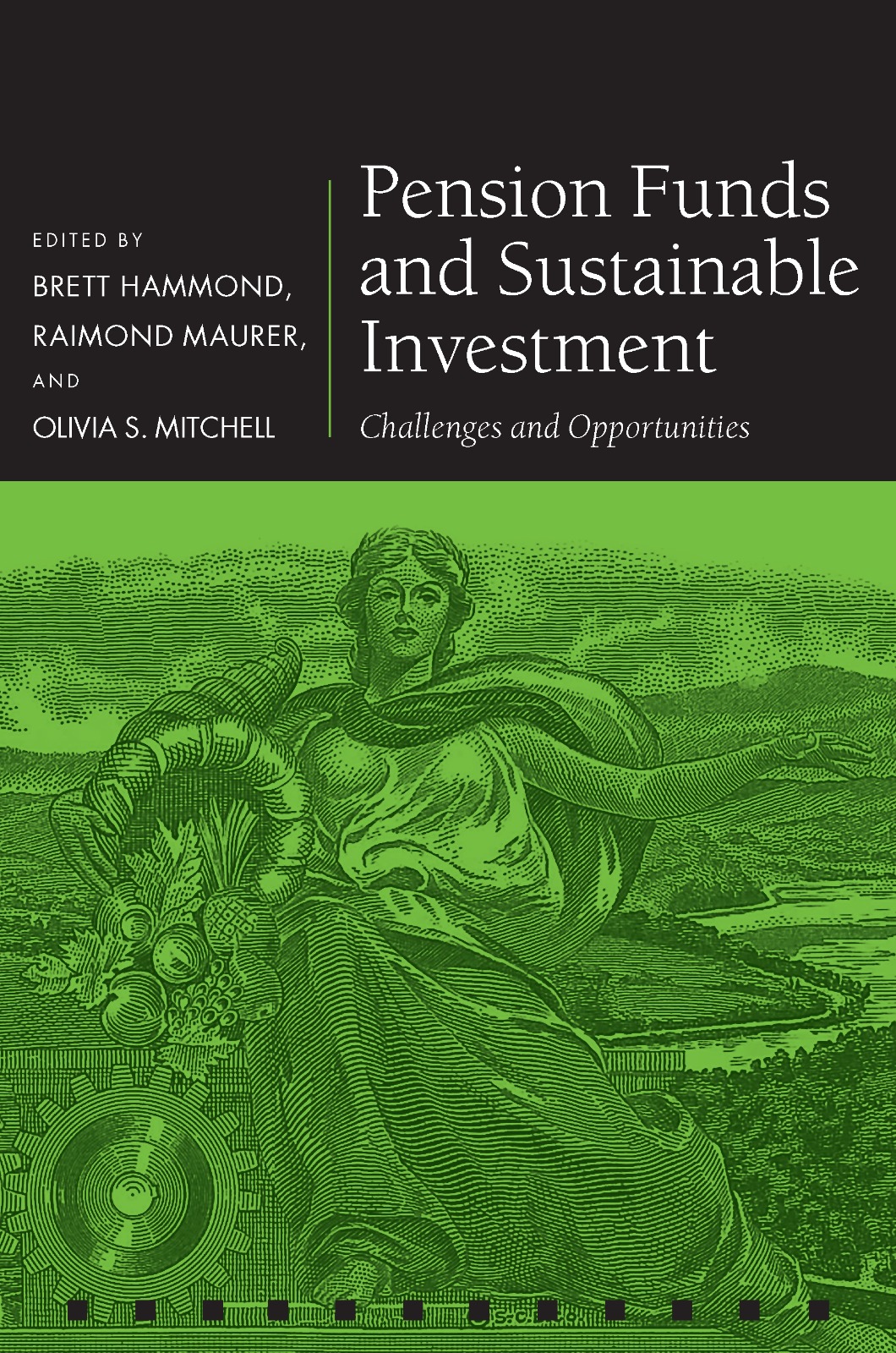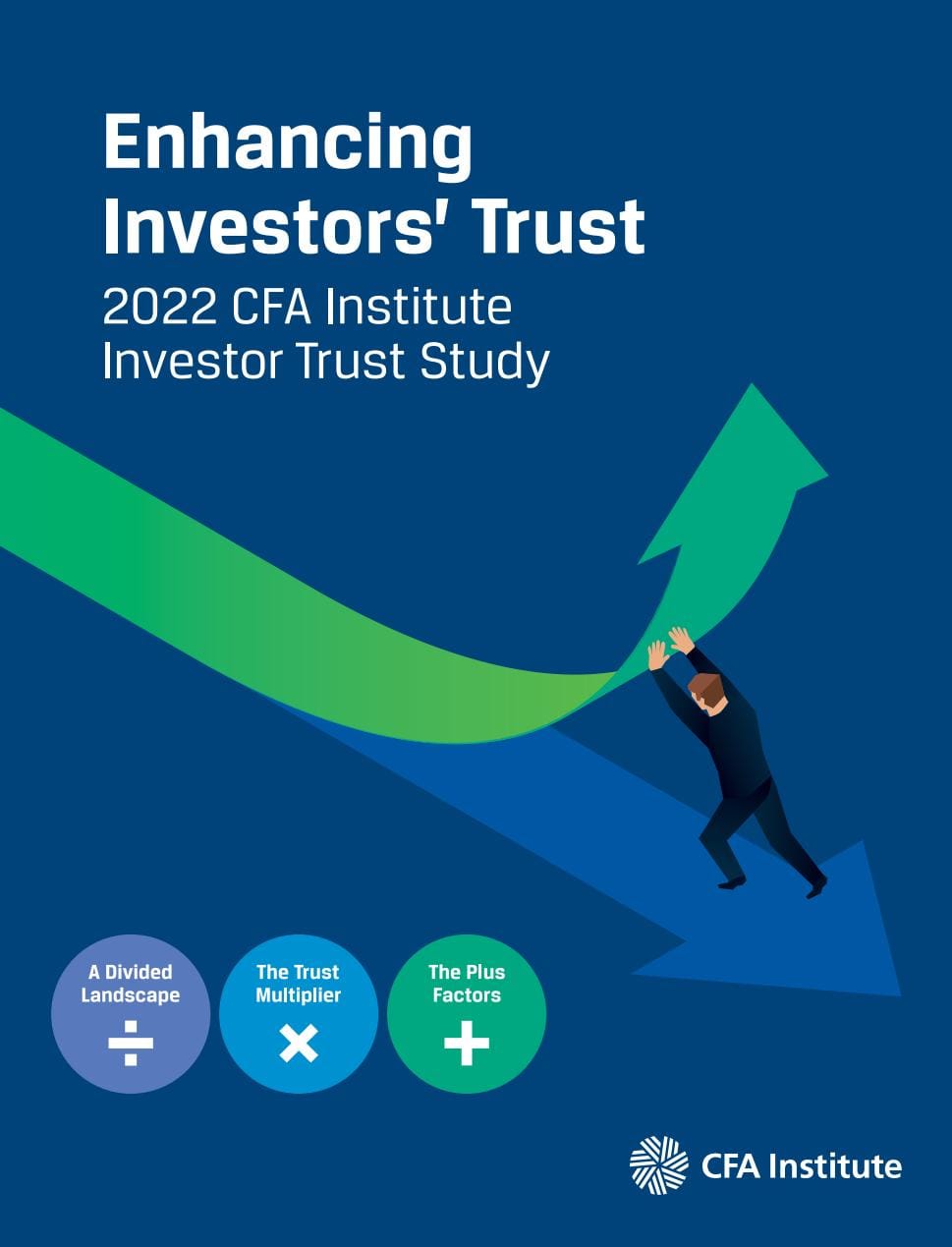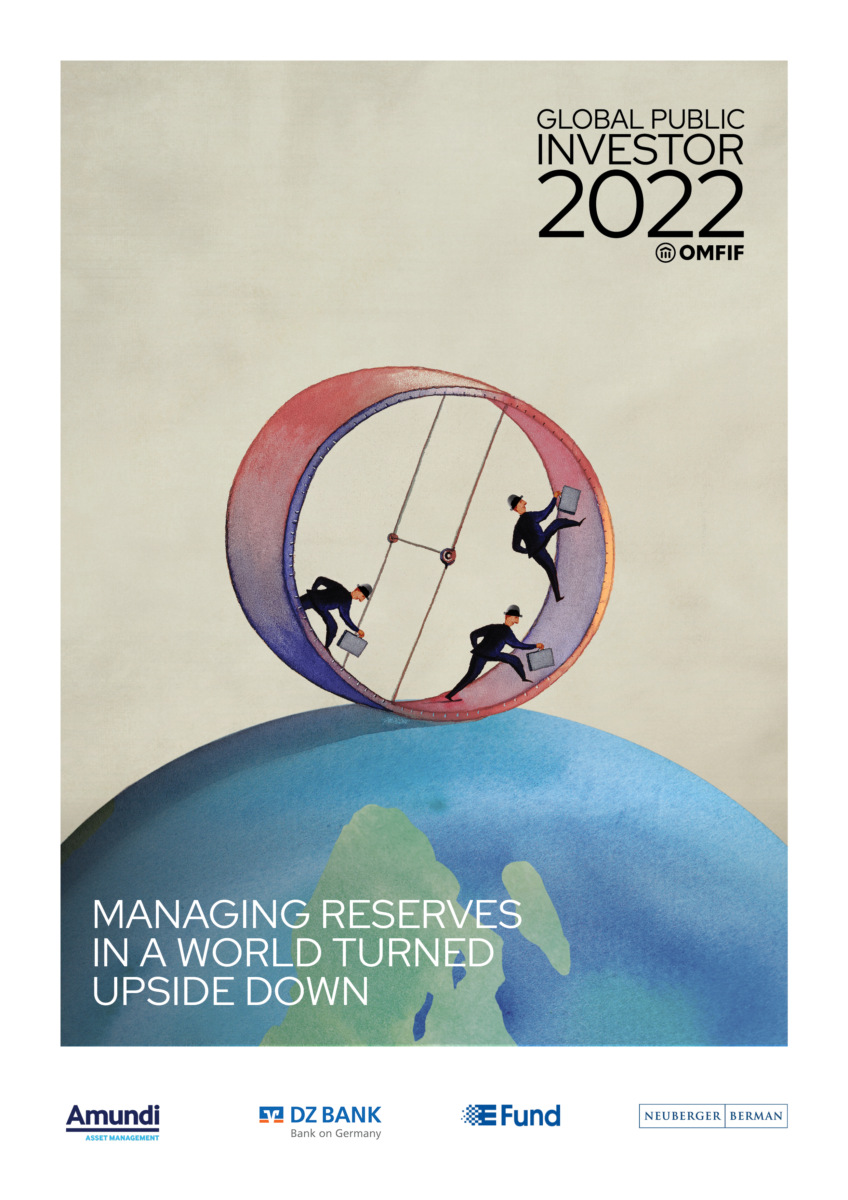Investment Option Switching Behaviour and Impact for Pension Fund Members Around the COVID Pandemic
By Adam Butt, Gaurav Khemba, William Lim, Geoff Warren & Shang Wu We study the switching of investment options by defined contribution pension fund members, using a unique dataset provided by a large Australian superannuation fund and spanning the market volatility associated with the COVID-19 pandemic. We find that both the magnitude and direction of switching activity is primarily related to market conditions, but is moderated by member characteristics. Switching activity appears reactive to market movements, with a spike in...










